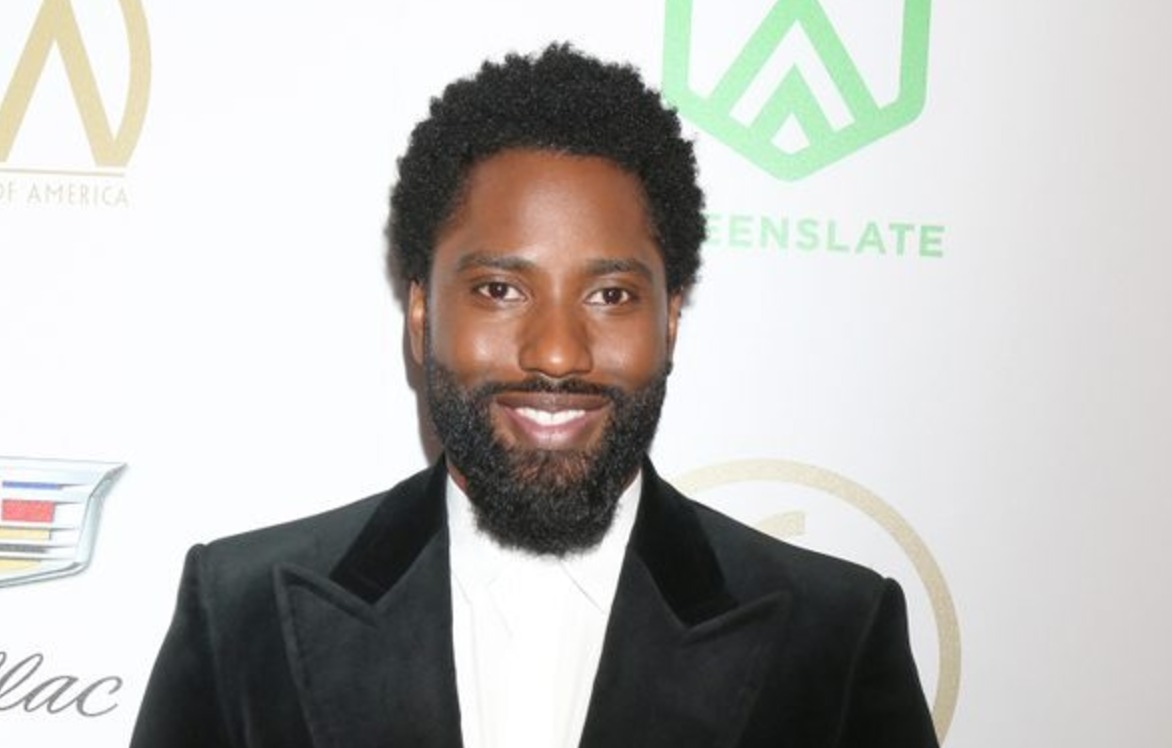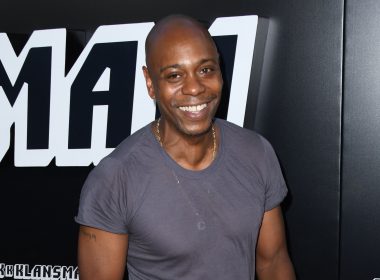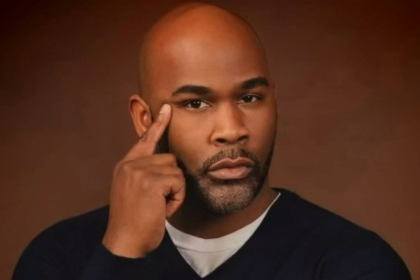The latest adaptation of August Wilson’s acclaimed play, The Piano Lesson, premiered on Netflix, bringing the powerful narrative to a new audience. Set in 1939, the film follows Boy Willie, portrayed by John David Washington, as he travels from Mississippi to Pittsburgh with his friend Lymon, played by Ray Fisher. Their mission is to sell watermelons and persuade Willie’s sister, Berniece (Danielle Deadwyler), to part with their family heirloom — a storied piano.
At the heart of The Piano Lesson is the complex history of the Charles family, who were enslaved and traded for the piano by their enslaver, Sutter. The film delves into the legacy of trauma and memory, as flashbacks reveal the family’s past, including the tragic fate of Boy Charles, who carved his family’s history into the instrument before being murdered by Sutter’s family. Berniece believes the piano is haunted by Sutter’s ghost, while Boy Willie sees it as a barrier to their future, wanting to sell it to build a more stable life.
The cast is a stellar ensemble
This adaptation boasts a remarkable cast, many of whom have deep ties to Wilson’s work. Washington and Samuel L. Jackson, who plays their uncle Doaker, both starred in the Broadway revival of The Piano Lesson in 2022. The film also features Michael Potts, Corey Hawkins and Skylar Aleece Smith, creating a lineup that showcases Black star power.
Critics have praised the performances, particularly those of Washington and Deadwyler. Their portrayals bring depth and passion to their characters, although some reviews suggest that the film’s execution does not fully honor their talents. The chemistry among the cast is palpable, yet the adaptation has faced scrutiny for its narrative choices and pacing.
What works and what doesn’t with the adaptation
One of the most discussed aspects of this adaptation is how it translates Wilson’s stage play to the screen. While the film follows the plot closely, some critics argue that it leans too heavily on horror elements, particularly the ghost allegory, which they have said feels out of place. The film’s reliance on special effects and horror tropes detracts from the rich themes and character development that Wilson is known for.
HuffPost’s senior culture reporters Candice Frederick and Erin E. Evans highlight that the film’s flashbacks lack depth, failing to provide the necessary context for the characters’ motivations and histories. They express disappointment that the adaptation does not fully capture the essence of Wilson’s work, which is often rooted in dialogue and character interactions rather than visual spectacle.
Horror elements: A misguided approach?
Interestingly, the adaptation incorporates horror elements that some viewers found jarring. The ghost of Sutter is portrayed in a way that feels heavy-handed, leading to moments that resemble a horror film rather than a poignant family drama. Critics argue that this approach undermines the subtleties of Wilson’s narrative, which is more about the emotional and historical weight of the characters’ experiences.
Frederick and Evans suggest that the film could have benefited from a more nuanced exploration of the characters’ pasts, allowing the horror to emerge organically rather than being forced through visual gimmicks. They emphasize the importance of showing rather than telling, advocating for a deeper engagement with the characters’ histories.
“The Piano Lesson” ending: Closure or confusion?
As the film reaches its conclusion, both critics express mixed feelings. While the ending attempts to provide closure for the characters, it leaves viewers with lingering questions about the narrative’s coherence. The adaptation’s choices lead to a sense of confusion rather than resolution, prompting discussions about the effectiveness of the storytelling.
A mixed reception
Ultimately, the Netflix adaptation of The Piano Lesson is a testament to the talent of its cast and the enduring power of Wilson’s original work. However, the film’s interpretation has sparked debate about its fidelity to the source material and the effectiveness of its horror elements. For those seeking a more traditional adaptation, the 1995 film version remains a compelling alternative.
As audiences engage with this new adaptation, it serves as a reminder of the complexities involved in translating stage plays to the screen. The conversations surrounding The Piano Lesson highlight the importance of honoring the original narrative while exploring new creative avenues.

















